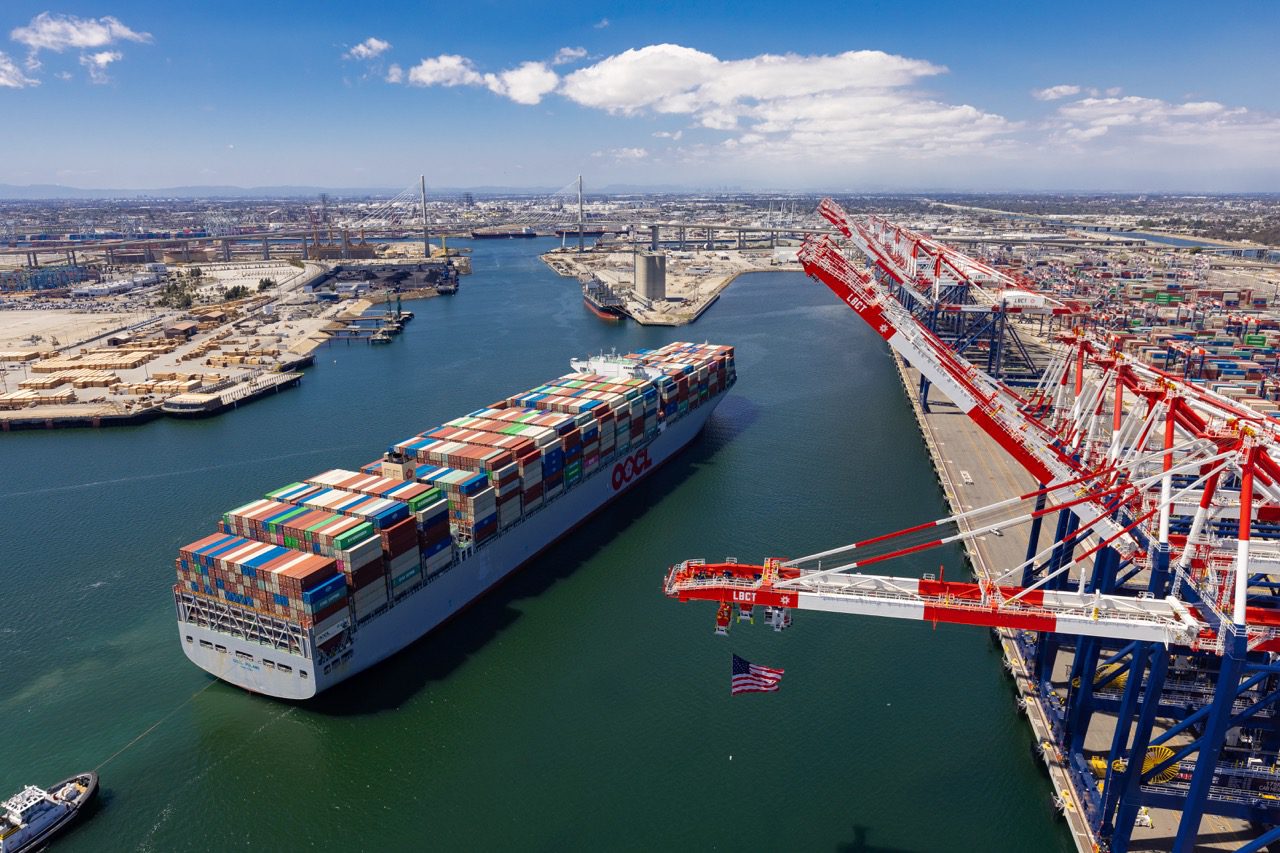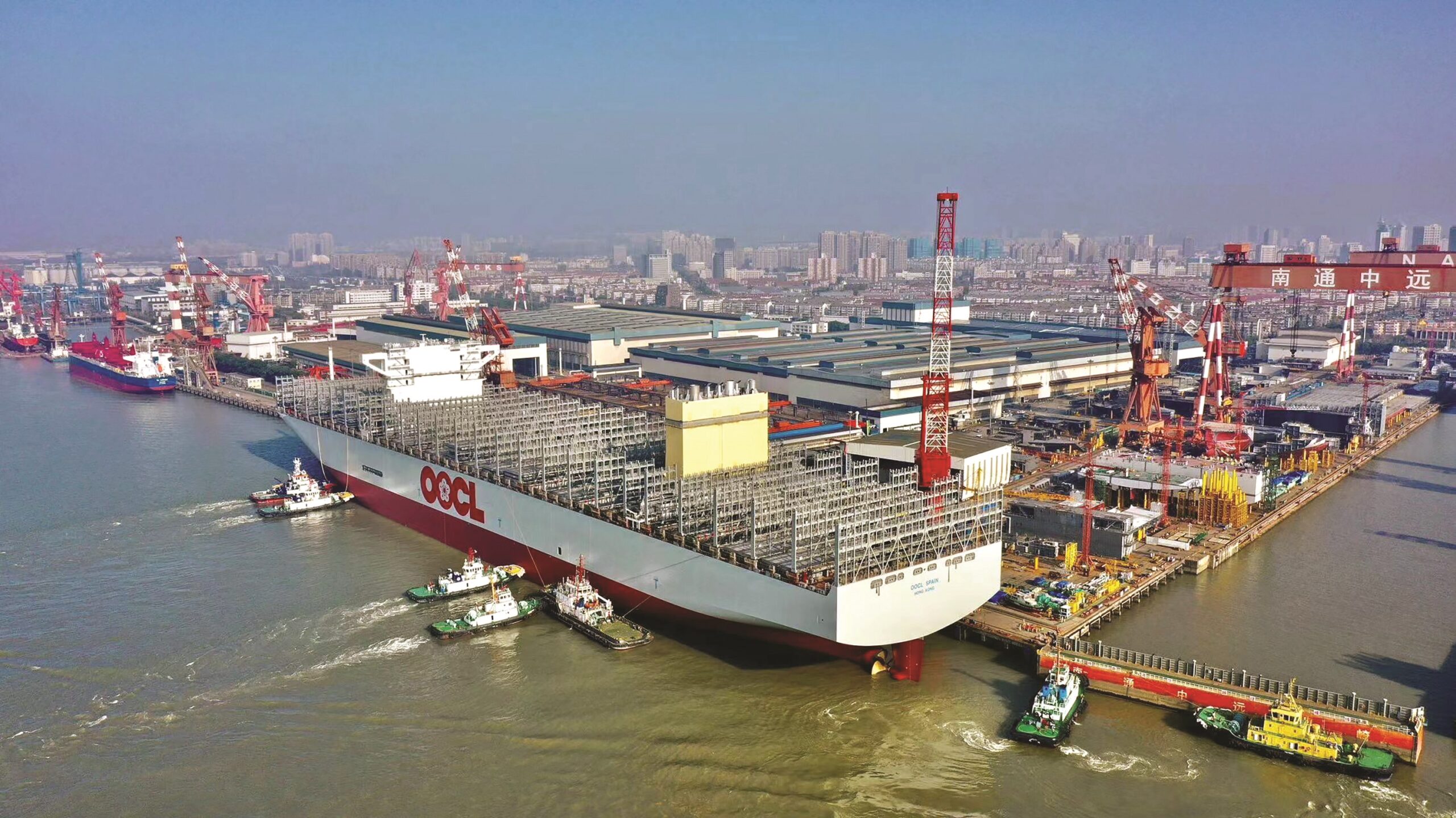By Weilun Soon (Bloomberg) — The leasing subsidiaries of at least two large Chinese banks are in talks with the financial regulator about converting shipping leases into mortgages as a safeguard against US levies they say will test China’s maritime dominance, according to people familiar with the matter.
The plan to transfer leases onto the books of their parent banks was first raised by lessors and shipowners during talks last month with representatives of the National Financial Regulatory Administration, said the people, who asked not to be named because of the sensitivity of the matter.
Such a move would be unusual for Chinese banks, which would be taking on shipping portfolios traditionally viewed as risky assets. The NFRA has yet to decide on the proposal, the people said, and the move is one of several options under discussion in response to Washington’s plans to penalize Chinese shipowners.
The NFRA did not respond to a request for comment.
Beijing’s concerns hinge on US plans to levy multimillion-dollar fees on Chinese ships calling at American ports from Oct. 14. That plan, unveiled in April by President Donald Trump with the goal of reviving the US shipbuilding industry, will require all Chinese-built and Chinese-operated vessels docking in the US to pay a fee based on the volume of goods carried on a per-voyage basis. The harshest levies will be applied to Chinese-owned vessels.
Leasing structures have become more popular in the shipping industry over the last decade or so, with Chinese lessors in particular marching into a space vacated by banks and other financial institutions. In a typical ship leasing arrangement, a lessor is the legal owner that grants a lessee the right to operate a vessel, often via long-term charter arrangements.
Converting lease agreements, which usually last 10 years or longer, into ship mortgage loans, which are typically capped at five years, entails a transfer of risk. Doing so would mean that shipowners or vessel operators assume that burden. At the same time, banks offering the loan would have to weather any potential credit risk and go through lengthy legal proceedings to recover loan losses in case of a default.
Last year, Chinese leasing companies held shipping assets valued at $99.3 billion, according to Clarkson Research Services Ltd., a unit of the world’s largest shipbroker. Shipping assets also make up 10% to 40% of a typical Chinese lessor’s portfolio, according to an August ratings report by S&P Global.
Though the leasing houses raised concerns about the US levies not long after the US Trade Representative’s proposal was finalized in April, it took until August before they found an audience within the NFRA, the people with knowledge of the matter said. By then, fears of a full-blown trade war between China and the US had receded.
The lessors have also worked on alternative proposals to avoid the potential impact, the people said. Some have suggested to shipowners that they charge more for vessels that will not call at US ports and in turn take out a mortgage on others in their fleet that will dock in America.
© 2025 Bloomberg L.P.

 Join The Club
Join The Club











